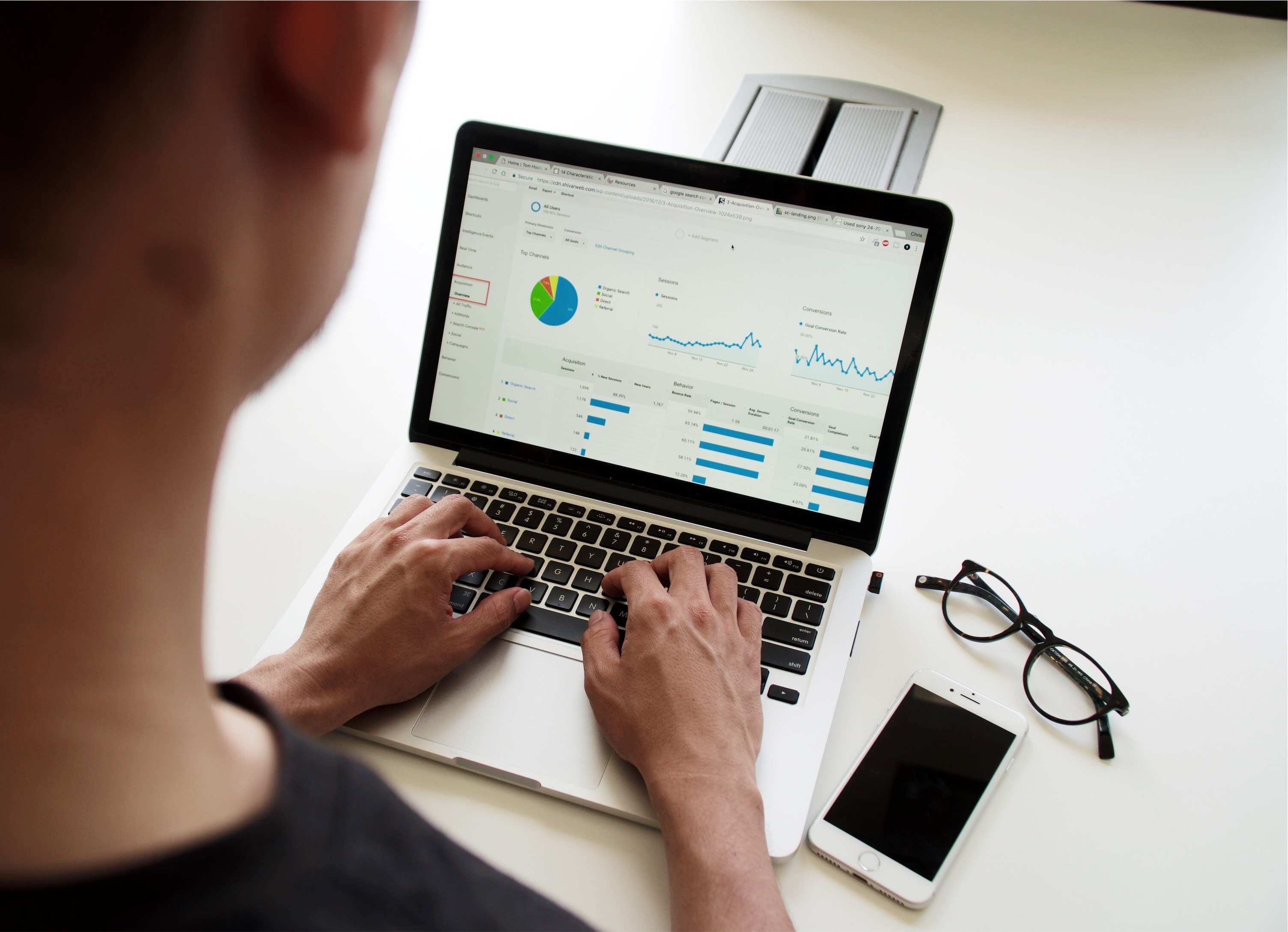Digital Literacy Is the New Literacy: Why Every Professional Needs It

Once considered a niche skillset reserved for IT professionals, digital literacy has now become an essential competency for every working adult. From the boardroom to the shop floor, navigating digital tools, data and platforms is no longer optional. It’s the foundation of modern professional life.
In today’s fast-evolving workplace, digital literacy is as fundamental as reading, writing and arithmetic once were. It’s not just about knowing how to use a computer. It’s about thinking critically about technology, collaborating effectively in digital spaces and adapting quickly to new tools that shape how we work, communicate and make decisions.
Here’s why digital literacy is the new literacy, and why every professional needs it.
1. Work Is Digital by Default
Most jobs today involve some level of digital interaction. Whether it’s managing spreadsheets, communicating via email or messaging apps, attending virtual meetings or using industry-specific software. Even traditionally “non-digital” sectors like construction, logistics and agriculture are now powered by cloud-based systems, mobile apps and real-time analytics.
Professionals who lack digital skills risk being left behind. Not because they aren’t smart, but because they can’t keep up with how work gets done.
Key skill areas:
- Word processing and spreadsheets
- Video conferencing and collaboration tools
- Cloud storage and digital file management
- Familiarity with workplace platforms like Microsoft 365, Google Workspace, Slack, Trello or Asana
- Prompt engineering
2. Digital Fluency Boosts Productivity
Knowing how to use digital tools efficiently can dramatically increase your output. Automating routine tasks, using shortcuts, leveraging templates and collaborating on shared platforms saves time and reduces errors. Digital literacy is not just about using tools. It’s about using them well.
Example: A digitally literate employee can automate monthly reports in Excel or Google Sheets, freeing up hours for more strategic work.
3. Cyber Awareness Is Professional Self-Defence
With cyber threats on the rise, professionals must understand how to protect sensitive information, recognise phishing attempts and practise good digital hygiene. One careless click can put an entire organisation at risk. Digital literacy includes knowing how to safeguard both personal and workplace data.
Cyber basics every professional should know:
- Creating strong passwords and using password managers
- Recognising suspicious links and scams
- Using secure Wi-Fi networks and VPNs
- Understanding basic data privacy regulations
4. Digital Collaboration Is the New Teamwork
The post-pandemic workplace is hybrid, remote and often asynchronous. Digital collaboration is no longer a “nice to have”—it’s how work happens. Professionals must know how to communicate clearly in writing, manage shared documents and contribute meaningfully to online projects.
Digital collaboration skills include:
- Clear and concise communication across email and chat
- Managing digital calendars and scheduling tools
- Sharing and editing documents on cloud platforms
- Participating effectively in virtual meetings
5. Data Literacy Drives Smarter Decisions
In the digital economy, data is power, but only if you know how to read it. Data literacy is the ability to understand, interpret and communicate data insights. Professionals who can work with data, even at a basic level, can make better decisions, spot trends earlier and measure success more effectively.
Basic data literacy includes:
- Understanding charts, dashboards and KPIs
- Analysing trends and making data-informed recommendations
- Using tools like Excel, Power BI or Google Data Studio
6. Lifelong Learning Is Digital
Professional development today is mostly digital, through online courses, webinars, podcasts and learning platforms. The ability to navigate these resources, assess their credibility and apply new skills is itself a form of digital literacy.
Upskilling platforms to explore:
- LinkedIn Learning
- Coursera, edX, FutureLearn
- HRD Academy
7. Digital Mindsets Attract Opportunities
Digital literacy isn’t just about tools. It’s a mindset. Being open to learning, curious about new technologies and agile in the face of change makes you more valuable in a fast-moving job market. Employers aren’t just looking for someone who can use tech. They want people who can adapt to it.
8. Digital Literacy = Career Resilience
Automation and AI are reshaping entire industries. Routine tasks are being replaced by machines, but humans who can harness these tools will thrive. Digital literacy helps you stay relevant and employable, not just in your current role, but for the jobs of tomorrow.
So, Where Do You Start?
You don’t need to be a programmer or IT expert to be digitally literate. But you do need to take responsibility for your own learning. Start by identifying gaps in your current digital skillset. Then, take advantage of free or low-cost resources to build your capabilities gradually.
Try this quick checklist:
- Are you confident using collaboration tools like Zoom, Teams or Google Meet?
- Do you know how to spot a phishing email?
- Can you analyse basic data in Excel or Google Sheets?
- Do you regularly update your digital skills through online learning?
If the answer is “not yet” to any of the above, you’re not alone, and you’re in the right place to grow.
Embrace It or Be Replaced by It
Digital literacy is no longer optional. It’s the gateway to opportunity, productivity and resilience in an age defined by technology. Whether you’re a new graduate, a mid-career professional or a senior leader, levelling up your digital skills is one of the smartest investments you can make.
Want to future-proof your career? Take the first step here:



